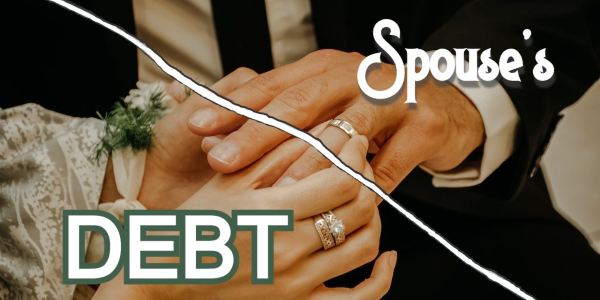Settling a debt after the death of a spouse often turns to be a lengthy procedure than you think. Each state has its own laws regarding debt dispute and treats federal law in a similar way. The federal law covers those accounts that come under the Employment Retirement Income Security Act (ERISA). These are 401(k) s (individual powered plans), 403(b) s (for teachers and non-profit organizations), and some benefit programs that are sponsored by companies (traditional pensions).
Those accounts that don’t come under the federal law, usually fall under state laws. If you are residing in a community property state, your debts are shared. However, in non-community property states such as Florida, Kentucky or Indiana, debts are treated like assets. In the non-community states, joint accounts are passed upon death from one person to another. Therefore, assets like joint brokerage accounts, joint savings accounts, and joint credit cards share possession and liability.
However, if you were just an authorized user on an account, you are not liable for the debt. Moreover, if you are not liable for the debt, you should not allow the creditor to continue his harassments. Take the services of an attorney to stop the same, and if can’t, contact a non-profit credit counseling service for help. To know your rights as a consumer, see the Fair Debt Collections Practices Act.
Your husband’ personal accounts are always personal and they never pass by way of ownership. They may, however, pass as per instructions written in his will. For instance, you may consider IRA, a life insurance policy or an annuity contract.
Therefore, if you were not a common account holder and only an authorized user, the debt liability is not your’ and is of the estate’. Usually, after a debtor’ death, an executor of the estate is responsible for paying the bills by selling the property. If you are thinking of hiring an estate attorney to see the work done, know that estate attorneys should essentially have an ‘LLM’ (Masters of Taxation and Law) following their name. If everything goes well, and the creditors get their money back, the collection calls should get stopped.
Lastly, the estate has the responsibility to liquidate all assets and pay off the debt with that money. The estate will hand over the remaining amount to the spouse. However, if the debt amount is larger than the assets, the debt will usually be wiped out.








